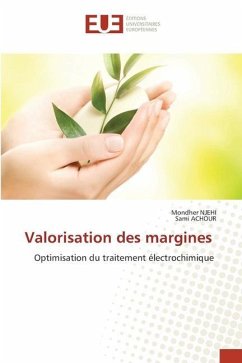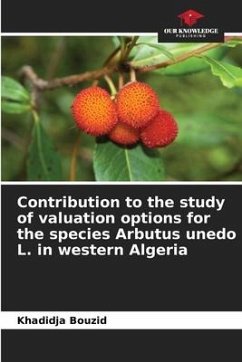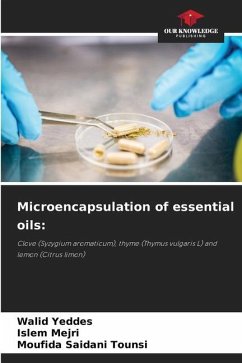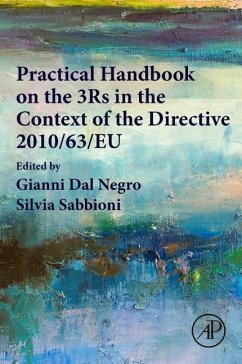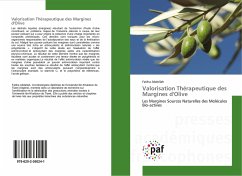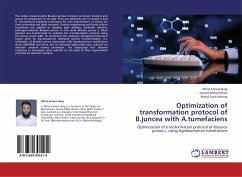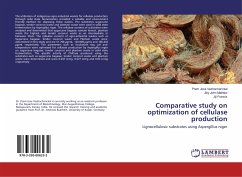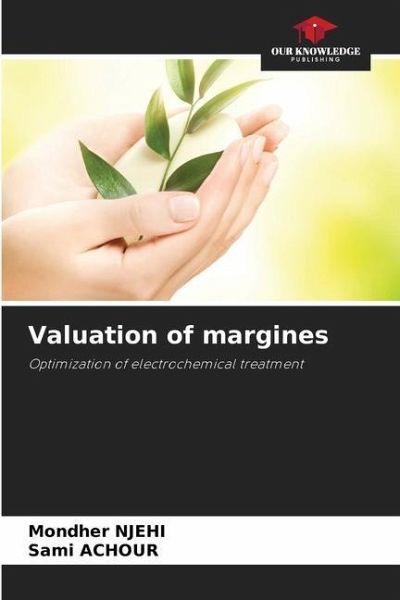
Valuation of margines
Optimization of electrochemical treatment
Versandkostenfrei!
Versandfertig in 6-10 Tagen
29,99 €
inkl. MwSt.

PAYBACK Punkte
15 °P sammeln!
The production of olive oil generates very large quantities of margines that generate excessive pollution and harmful with a very high cost of treatment. However, in Tunisia, the management of this type of waste is still insufficient or even non-existent given the refuge to storage in remote basins in the open air for infiltration or evaporation of water. This attempt to solve this problem of toxicity, we propose the electrocoagulation, as a process of treatment of effluents of Tunisian oil mills the cheapest and most effective. This treatment by electrocoagulation depends on 4 factors. We app...
The production of olive oil generates very large quantities of margines that generate excessive pollution and harmful with a very high cost of treatment. However, in Tunisia, the management of this type of waste is still insufficient or even non-existent given the refuge to storage in remote basins in the open air for infiltration or evaporation of water. This attempt to solve this problem of toxicity, we propose the electrocoagulation, as a process of treatment of effluents of Tunisian oil mills the cheapest and most effective. This treatment by electrocoagulation depends on 4 factors. We applied a new strategy based on the use of design of experiments (DOE) using Minitab 19.0 software. The 6 monitored responses can confirm the effectiveness of this treatment. We can thus eliminate up to 70% of polyphenols present in the margines estimated as a source of toxicity.



